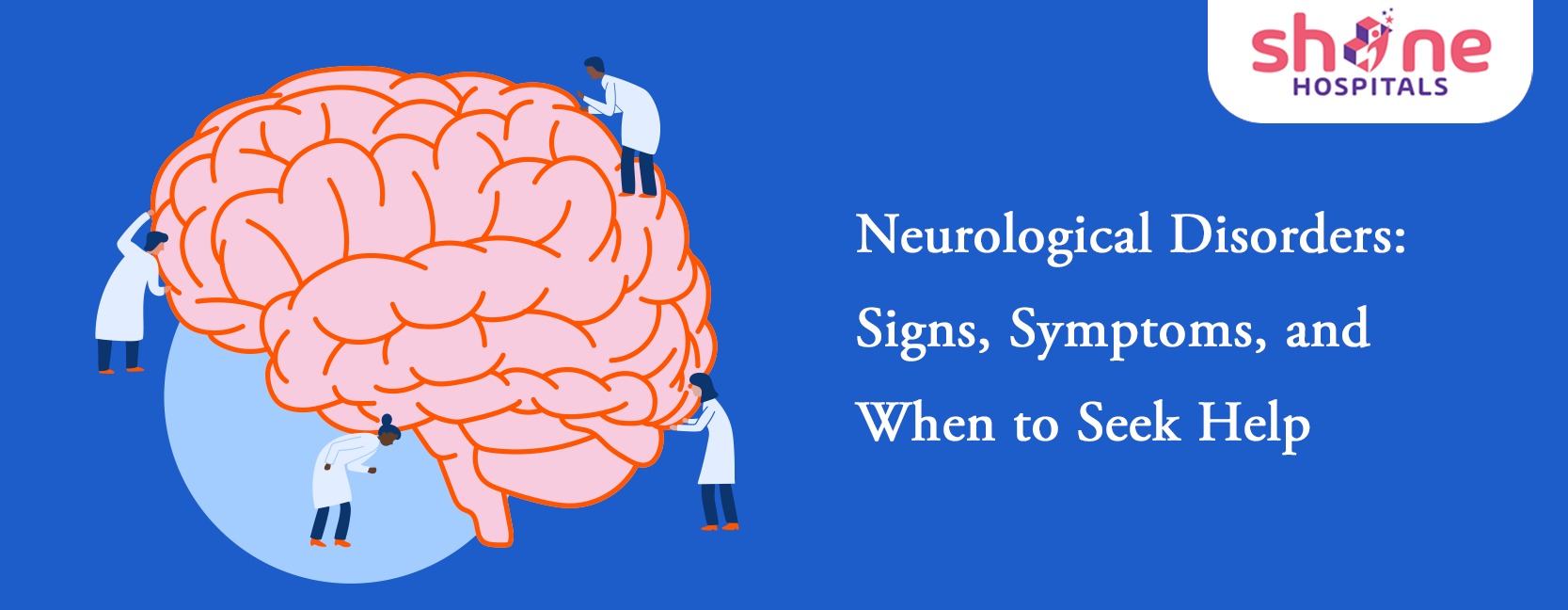



The human brain is a marvel of complexity, responsible for our thoughts, movements, and everything we do. However, it's not immune to malfunctions. Neurological disorders, affecting the brain, spinal cord, and nerves, can be disruptive and, in some cases, life-altering.
The term "neurological disorder" covers a wide range of conditions that impact the nervous system. This system controls all our bodily functions, so when it misfires, it can lead to a host of symptoms and issues.
Epilepsy: Epilepsy is a disorder characterized by recurrent seizures, which can vary from mild to severe. Seizures result from abnormal electrical activity in the brain.
Migraines: Migraines are severe headaches often accompanied by visual disturbances, nausea, and sensitivity to light and sound. They are a common neurological disorder.
Multiple Sclerosis (MS): MS is an autoimmune disease that affects the central nervous system, leading to a range of symptoms, including fatigue, muscle weakness, and difficulty with coordination.
Alzheimer's Disease: Alzheimer's is a progressive neurodegenerative disorder that affects memory, thinking, and behavior. It is the most common cause of dementia.
Parkinson's Disease: Parkinson's is a movement disorder that leads to tremors, rigidity, and bradykinesia (slowness of movement).
Recognizing the signs and symptoms of neurological disorders is crucial for early intervention and improved quality of life. Here are some common indicators to be aware of:
Headaches: Frequent, severe headaches or migraines that disrupt daily life could be a sign of a neurological issue.
Seizures: Unexplained seizures or convulsions can be a clear symptom of epilepsy or other underlying neurological problems.
Changes in Memory: Progressive memory loss, disorientation, and confusion may be early signs of neurodegenerative disorders like Alzheimer's.
Muscle Weakness: Sudden or unexplained muscle weakness or numbness could be indicative of a neurological condition, such as MS or a spinal cord issue.
Tremors and Movement Issues: Involuntary tremors, difficulty with coordination, and slowness of movement may be symptoms of conditions like Parkinson's.
Visual Disturbances: Blurred vision, double vision, or other visual disturbances can result from neurological disorders, such as optic neuritis in MS.
Sensory Changes: Changes in sensory perception, like numbness, tingling, or heightened sensitivity, may signal nerve-related disorders.
If you or a loved one experience any of the above symptoms or have concerns about neurological health, seeking help is critical. Here's when you should consider making that call:
Persistent Symptoms: If symptoms are persistent, recurrent, or worsening, don't ignore them. Addressing the issue early can lead to more effective treatment.
Sudden Onset: Sudden and severe symptoms, such as a seizure or unexplained loss of consciousness, require immediate medical attention.
Family History: If there's a family history of neurological disorders, you may be at a higher risk. Regular check-ups and discussions with your healthcare provider are essential.
Changes in Cognitive Function: Any noticeable changes in memory, thinking, or behavior should be evaluated.
Progressive Symptoms: If symptoms are gradually getting worse, it's vital to get a diagnosis and treatment plan.
Safety Concerns: Some neurological disorders can affect balance and coordination, posing a safety risk. Seeking help can prevent accidents.
Quality of Life: If neurological symptoms are impacting your quality of life or the ability to perform daily activities, it's time to seek professional guidance.
Neurological disorders can be complex and challenging, but with early diagnosis and appropriate treatment, many individuals can manage their conditions and improve their quality of life. If you or someone you know is experiencing symptoms or has concerns about neurological health, don't hesitate to reach out to a healthcare provider.
Remember, early intervention can make a significant difference in managing these conditions and ensuring a better future. Prioritizing neurological health is a step toward a healthier, more fulfilling life.
